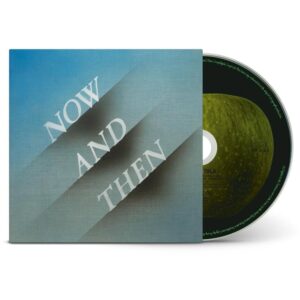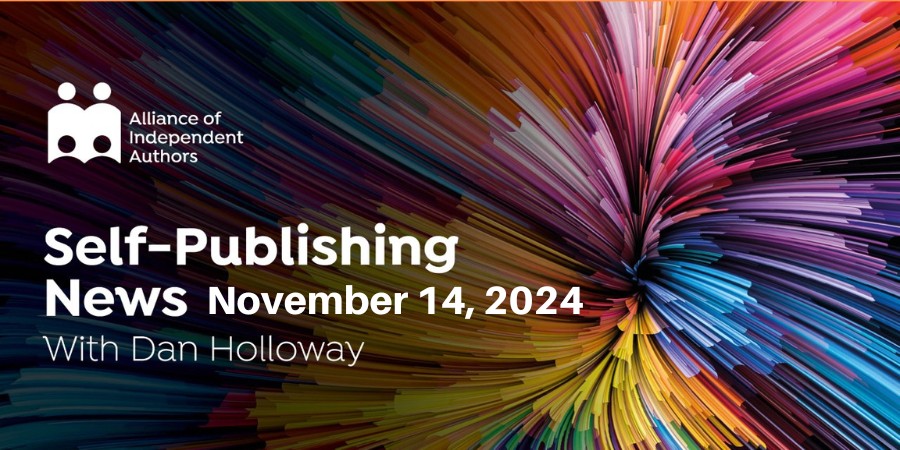
ALLi News Editor, Dan Holloway
You might think literary and other creative industry conferences dominate the discussion of how AI-assisted creation will affect the future of the arts. Looking through schedules, it can certainly feel that way. But the uneasy relationship between creatives and tech firms is also a subject of conversation on the other side of that binary.
So, what did the tech companies have to say about the implications for creativity at the Disrupt Conference last week? Well, they seem to be spreading the gospel of democratization. AI, generative or assistive, will help more people make art—just as digital cameras have made photographers of more people than ever before. There was an explicit acknowledgment that it may cost jobs, but that more people would be able to give expression to their creative minds at the same time. It’s a trade-off on which there will, I imagine, be very differing opinions, but it’s useful to know where many in tech stand.
The Beatles and AI-Assisted Music
 There seem to have been many other AI stories this week, so I will round them up. First, we have prize news. You will remember that I reported a few weeks ago that the Grammys had reversed their earlier decision and decided that AI-assisted songs would be eligible for awards. It was a move I mused might have some ripple effects throughout the creative prize world. This week we learned that The Beatles, no less, have received two Grammy nominations for “Now and Then.” The track has been remastered using AI. In this case, the technology has a very clearly assistive role. But watch this space.
There seem to have been many other AI stories this week, so I will round them up. First, we have prize news. You will remember that I reported a few weeks ago that the Grammys had reversed their earlier decision and decided that AI-assisted songs would be eligible for awards. It was a move I mused might have some ripple effects throughout the creative prize world. This week we learned that The Beatles, no less, have received two Grammy nominations for “Now and Then.” The track has been remastered using AI. In this case, the technology has a very clearly assistive role. But watch this space.
Potential Shifts in US AI Regulation
TechCrunch also has an in-depth look at what the forthcoming US administration may mean for AI regulation. The long and short of it is that things are likely to get more technology-friendly, which may not mean more creativity-friendly. That said, the rise in tariffs and visa policies may make the infrastructure for AI in the United States trickier. Again, watch this space.




